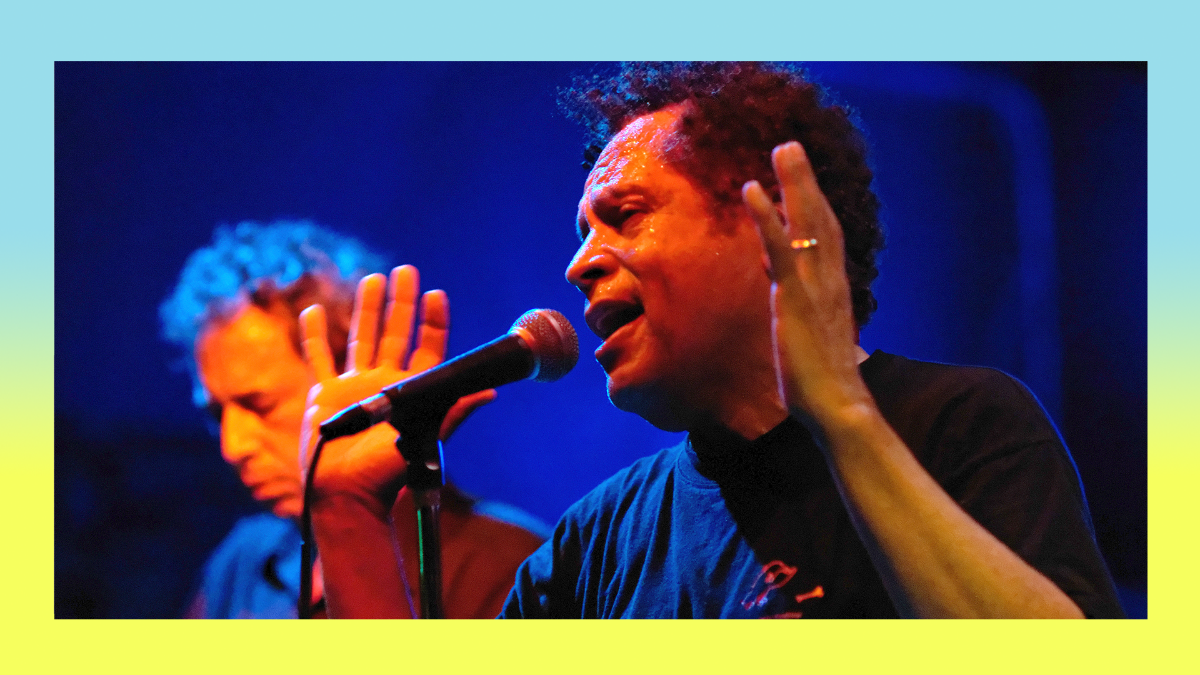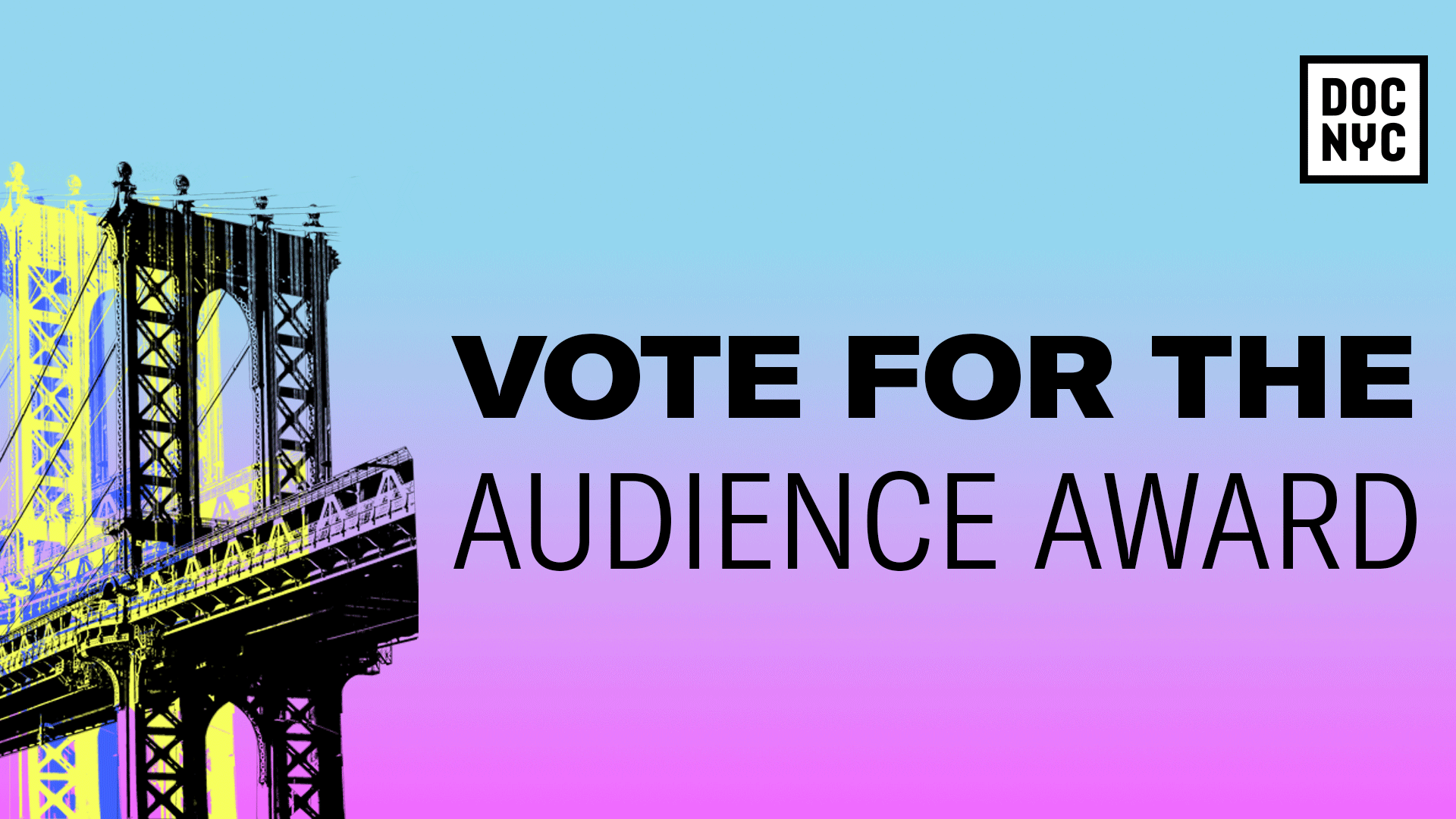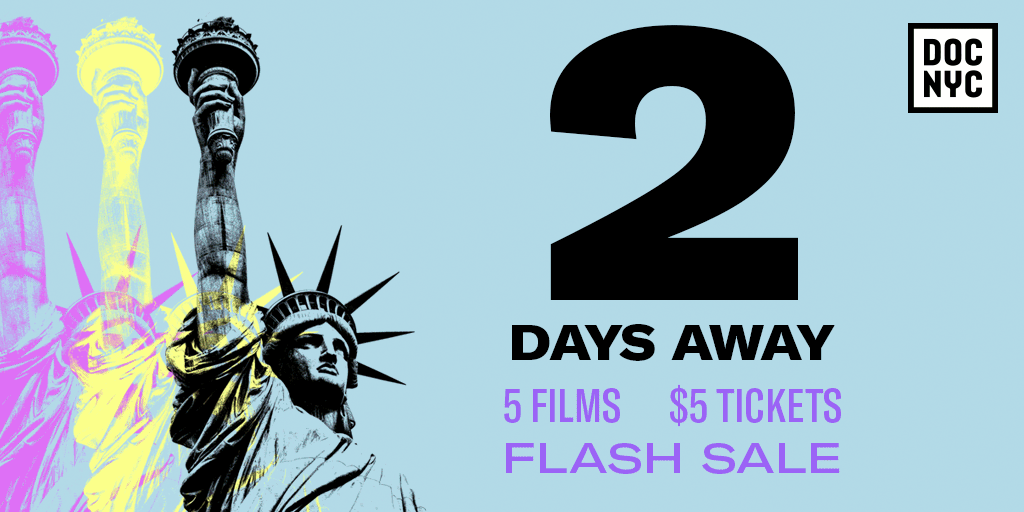What Would Jane Jacobs Do? On Opening Night, DOC NYC remembers a single citizen's fight for a better city
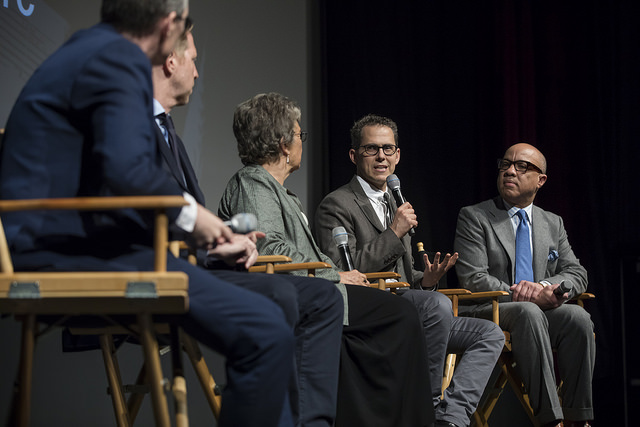
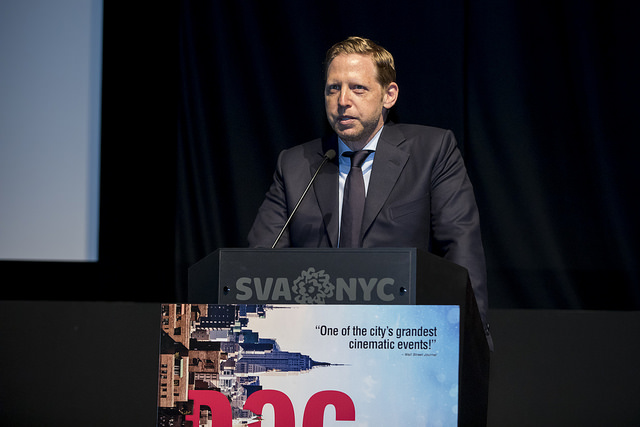
Written by Susan Keyloun
The Seventh Annual DOC NYC Festival kicked off its gala opening night with the U.S. premiere of Citizen Jane: Battle for the City, which was introduced with great fanfare by President of AMC Networks Josh Sapan, NY State Senator Brad Hoylman, who represents Chelsea and Greenwich Village, co-founder of Friends of the Highline Robert Hammond, Director Matt Tyrnauer, and DOC NYC luminaries Thom Powers, Raphaela Neihausen and Basil Tsiokos.
Citizen Jane documents the life, work, and legendary grass roots activism of Jane Jacobs, and her battle to preserve and save Manhattan from the ultimately failed urban renewal projects championed by famed power broker and impenetrable urban planning “tsar” Robert Moses during the 1960’s. Moses’ concept of urban renewal stemmed from the burgeoning idea that poor urban people tended to congregate on stoops and streets. If the streets were eliminated, the poverty would be, too. Jacobs’ approach, however, embraced elements that would foster community.
A writer and mother living in Greenwich Village, with no city planning experience and no college degree, Jacobs fought against contemporary urban renewal practices and took on the goliaths of NY’s planning committees. As a result of her grassroots efforts and love for the city, she successfully thwarted projects led by Moses, who had amassed a considerable amount of political power as head of the Mayor’s committee on “slum clearance.”
When Moses proposed building a highway bisecting Jacobs’ Greenwich Village neighborhood, as he did in the Bronx with the Cross Bronx Expressway, Jacobs rallied the community and fought against the predicted effect. She was arrested and jailed for her efforts, but ultimately, Mayor Lindsay shut down Moses’ expressway plan.
In the post-screening Q&A, director Matt Tyrnauer described what he thought was Jacob’s most important contribution to urban planning: “I think one of the problems with issues about urban planning is that people feel like they need a master’s degree to embark upon an understanding of it. I think that one of Jacobs’ greatest contributions was that she showed that you do not need a higher education to understand your city, and you can understand it merely by going out and observing the context of your neighborhood. And when you begin to see it that way, in a more broken-down way, it becomes much more accessible.”
This year is the centenary of Jacob’s birth. Given the ever changing landscape of New York City it would be safe to assume Jane Jacobs would have continued her battle against poorly designed urban renewal initiatives, and the politically connected urban planners who support them. Citizen Jane is a timely documentary that can aptly be taken as an instruction manual on how to defend vulnerable populations around the world.
Susan Keyloun has been published in New York Magazine, The New York Times, and DOCNYC blogs. She has also worked with DOCNYC as featured photographer.
